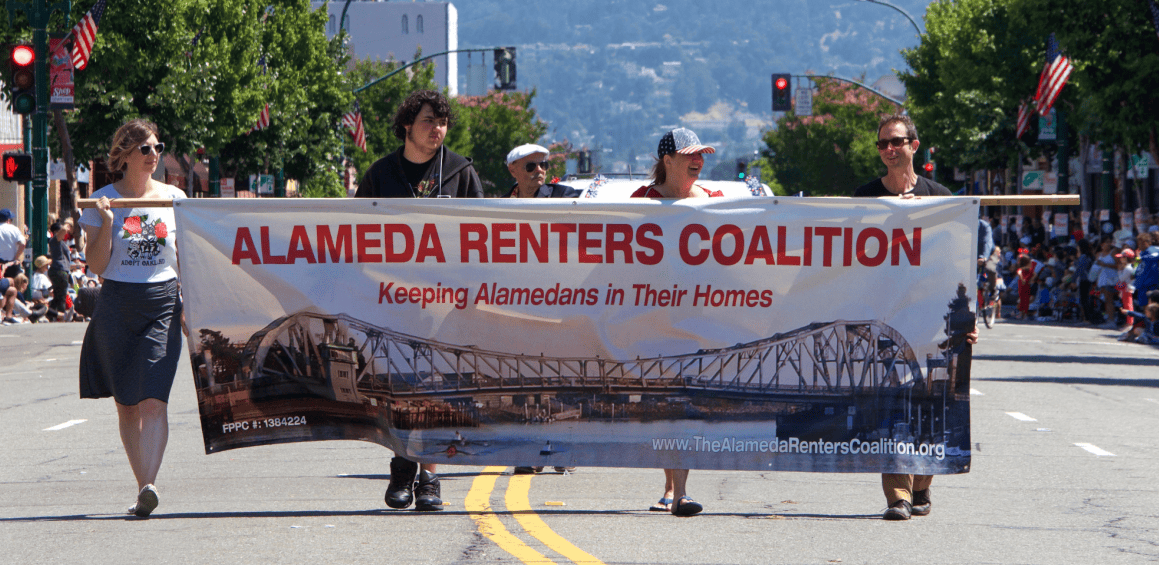Tenant Lawyer Encourages Landlords to Review Security Practices

Fearing that negligent security practices may only heighten the risk of serious injury, or even death, Florida personal injury lawyer Patrick J. Tighe of X1LAW.com is calling upon local officials and residents to take note of existing security practices — and take action to help correct failings.
For the past decade,Tighe has been defending those who have been injured. Earlier in his career, Tighe spent nearly ten years working on ˜the other side, defending insurers in injury lawsuits. That experience gave him invaluable insight on how big insurers approach and handle insurance claim cases — insight that he now leverages to get money for his clients.
Over the past several months, South Florida has seen a troubling series of violent crimes on the grounds of apartment complexes, says Tighe. In the first half of July alone, the Sun Sentinel reported the shooting death of a man found in an apartment building stairway in Lauderhill and the serious injury of a teenager who had been shot and left lying in front of an apartment complex in West Palm Beach,” Tighe explains. “Many more injuries have been less severe, but they all raise an alarming question: Just how reasonable are the security practices at these complexes?”
Property owners have a duty to take reasonable steps to ensure the safety of their premises. If they dont, they can be held liable for any injuries or deaths that result. There is a lot of confusion among Florida residents as to what that duty entails, says Tighe. It means that a property owner cant just show that some security measures were taken, or that the measures in effect were similar to those employed by other apartment complexes. Property owners need to consider all relevant factors — whether the area has had previous incidents of crime, for example — and take every reasonable step in light of the circumstances. Thus, security measures that may be fine for one apartment complex may be grossly insufficient at another.
Tighe says the problem is particularly acute at government-subsidized apartment complexes which are often located in areas of higher crime, and where lower rents can mean fewer resources being allocated to security. However, he says that no matter what the setting, no matter what the funding, property owners are required to provide reasonable security.”
Unfortunately, property owners may ignore the risk and only feel the sting once an injured tenant turns to the civil courts. “It often takes a stiff penalty to get them to do the right thing,” Tighe says. “A lawsuit can seem like a drastic step, but often, its the most effective.
Reviewing security practices prior to an injury is the most effective way to avoid liability. Landlords should review their security policies in light of the particular neighborhood and the type of property.
Here are some options to consider:
Outdoor lighting. An effective and affordable way to deter crime in parking areas, walkways and entrances.
Taming the landscape. Keep shrubs and trees from blocking the view of doorways and walkways.
Carefully maintain door and window locks.
Pass-coded gates and other barriers to entry.
Consider security cameras, but caution tenants if cameras aren’t monitored to avoid a false sense of security.
Screen all employees and maintenance workers.
Run criminal background checks on all tenants.
Hire a security guard.
Consider participating in a Crime Free Multi Housing Program in your area.
With AAOA, landlords have resources at their fingertips. Check out our Landlord Forms page.
American Apartment Owners Association offers discounts on products and services for landlords related to your rental housing investment, including rental forms, tenant debt collection, tenant background checks, insurance and financing. Find out more at www.joinaaoa.org.















 Accessibility
Accessibility